Analysis of three decades of research in marine sciences in Uruguay through mapping of science and bibliometric indexes
Submited: 2020-05-26 15:42:03 | Published: 2021-03-01 20:13:36
DOI: https://doi.org/10.3856/vol49-issue1-fulltext-2584
Abstract
Uruguay has recently expanded its Exclusive Economic Zone (EEZ), having more aquatic sovereignty than terrestrial territories. In this country, various State institutions have carried out the study of marine science for several decades, but their academic development has not been analyzed. The formal evaluation of scientific research represents a crucial opportunity to define long-term policies requiring greater knowledge of the territory and its resources. In this context, this work carries out a systematic and quantitative review of Uruguay authors' international publications over three decades. The productivity indicators trend is evaluated concerning context variables, predominant research topics are identified, and collaboration networks are characterized. We collected and analyzed data on marine science articles in which an author or co-author is affiliated to an institution in Uruguay from 1990 to 2018 using the Scopus database. It was found that scientific activity measured by a bibliographic analysis showed an increase in the number of articles, authors, and research topics but nowadays show signs of stagnation. Moreover, specific indicators show a great degree of centralism (institutional and authorial), low dynamism, and decreased international collaboration. The largest academic capacities are focused in specific biological disciplines, with little physics and almost nil in geology and chemistry. Decentralization and strengthening sectorial funding for marine science will boost Uruguay's discipline for facing future challenges.



